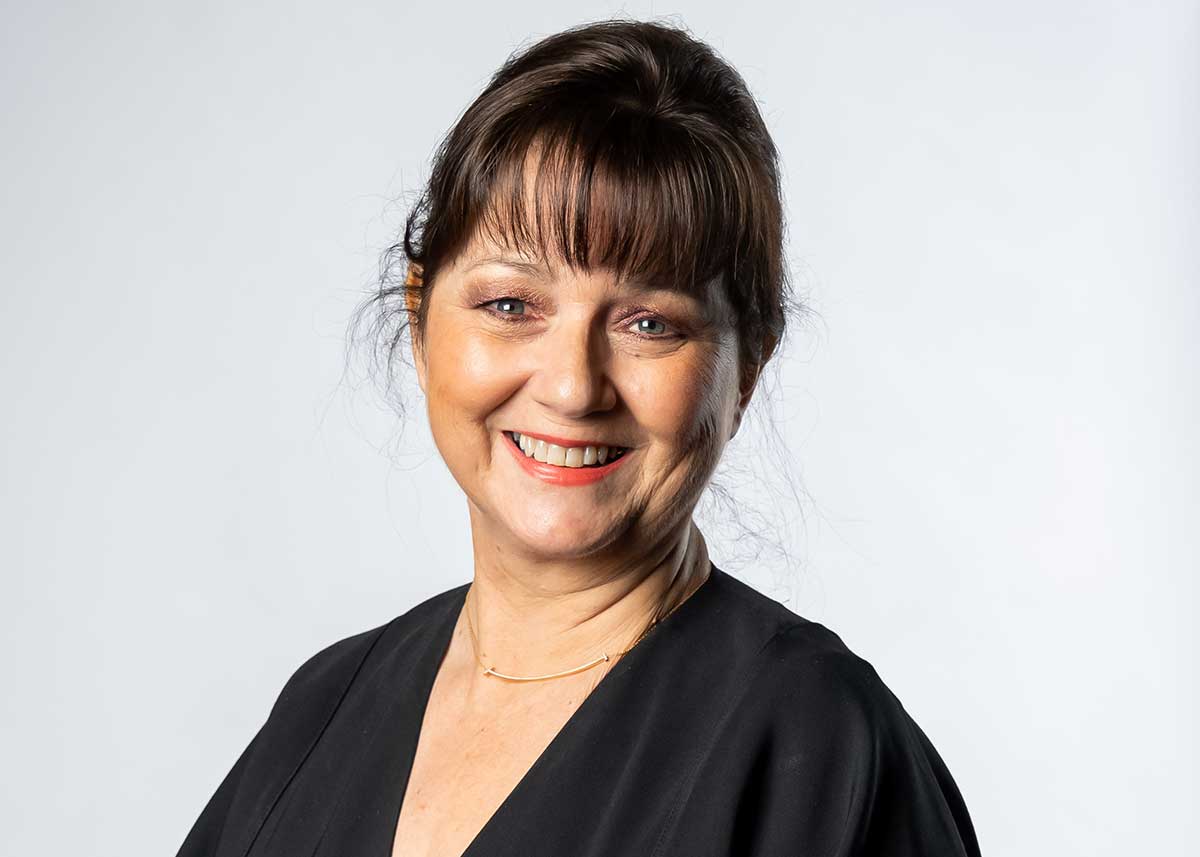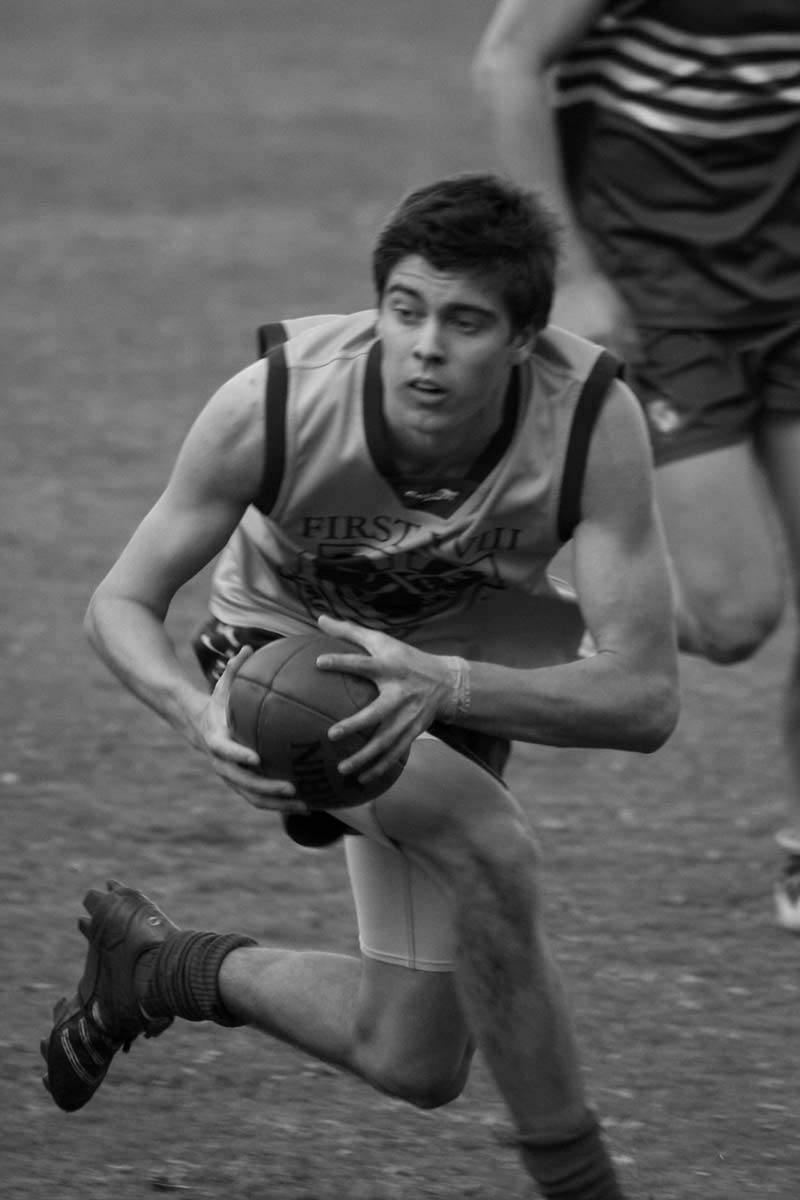Vaccination researcher
South Australia | 2022 Australian of the Year
Professor Helen Marshall AM is one of Australia’s most celebrated vaccination researchers. Specialising in vaccinology, public health and infectious diseases at the University of Adelaide’s Robinson Research Institute, she has been involved in studies that have had a global impact.
Helen's key focus is the fight to prevent meningococcal disease, which has high rates of morbidity and mortality. Invasive meningococcal disease can result in long-term disability. Helen was the lead investigator of the 'B Part of It' study. Assessing the effectiveness of the meningococcal B vaccine in Australian teens and young adults, the study was the largest of its kind in the world, and the first to show protection against meningococcal B disease in adolescents.
Helen has published widely and been awarded many research grants and fellowships. During the Covid-19 pandemic, she has provided advice about meningococcal B and Covid-19 to the South Australian Minister for Health and the state’s Chief Public Health Officer.
In January 2022, Helen was named a Member of the Order of Australia for her significant service to medicine in the field of vaccinology and public health, to research, and to education.
Jack Klemich’s football and photograph of Jack playing football
Professor Helen Marshall was investigating the effectiveness of meningococcal B vaccines in adolescents when her daughter, Imogen, called to say that their family friend, 18-year-old Jack Klemich, was in intensive care with the disease.
Jack was a vivacious and talented cricketer and footballer. This photograph shows him just 48 hours before his sudden death, playing football for St Peters College.
This tragedy inspired Helen to translate the results of her groundbreaking research into policy, ensuring that every child has the opportunity to be protected against this life-threatening disease.
My inspiration
Jack is always in the back of my mind. We can’t let another child die from a vaccine-preventable disease. That’s why I do what I do. Jack has been the inspiration and driven my work to another level.
Change through policy
A light-bulb moment for me was realising that when you change policy, you benefit the health of the whole population, not just individuals. I’m pleased my work generates the evidence for good policy decisions.
A shot at life
My next challenge is to see every child and young person, including those in remote communities or in disadvantaged households, have the opportunity to be vaccinated against life-threatening infections. A shot in their arm gives them a better shot at life.
This exhibition was developed by the National Museum of Australia in collaboration with the National Australia Day Council. Portrait images supplied by the National Australia Day Council.

